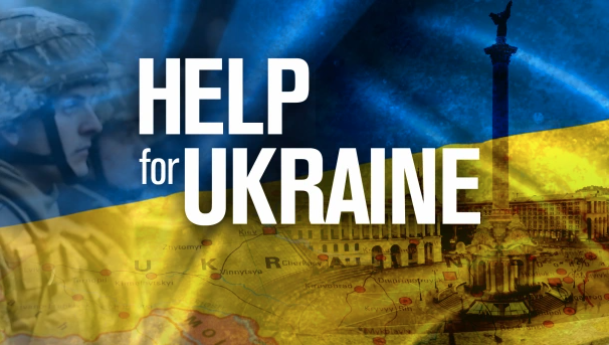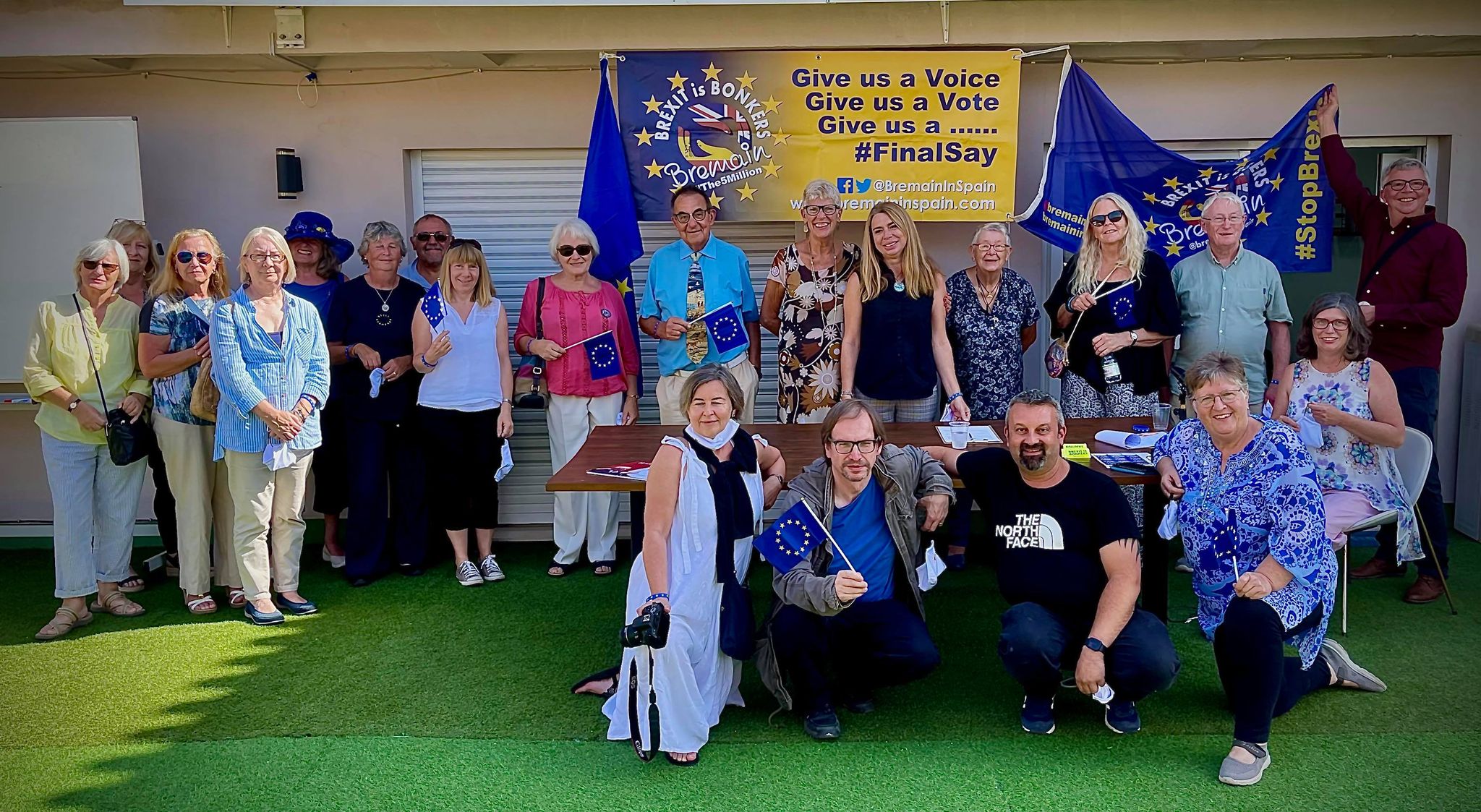
Ukraine in Spain
Distressing images of war-torn Ukraine, and the plight of innocent Ukrainians, are becoming all too familiar. Poor, desperate people are caught up in the terrible struggle, with millions forced to flee their homes and their country.
Spain is home to 112,000 Ukrainian residents and is preparing to welcome at least 12,000 refugees. Reception centres have been set up in Madrid, Barcelona and Alicante – these will also act as logistics centres for humanitarian aid.
The Spanish government have launched a streamlined, simple system that will help displaced Ukrainian refugees find the help and support they so desperately need. As Spain opens her arms to Ukrainian refugees, many of us are asking ourselves what we, as individuals, can do to help.
We hope the following suggestions and links will provide some answers and encourage us all to open our hearts, our wallets, and maybe even our doors to desperate Ukrainian refugees.
What can I do to help?
- Check with your local town hall/regional government for details of local support being offered. You can find a list of the Spanish Autonomous Communities here
- Essential items – clothes, medicines, food – are being collected at various points throughout Spain – read more from El Pais here
- Write to your MP to demand stronger sanctions against Russia and visa-free access to the UK for desperate Ukrainian refugees. You can find your MP here
- Share articles and appeals for help on social media – we have listed a few relevant articles you may have missed below
- Donate to a charity – there are many well-respected and experienced organisations to choose from – you will find an alphabetical list, with links, below
Charities and organisations providing help & support
Aldeas Infantiles SOS – Emergency in Ukraine
CARE – Ukraine Emergency – how you can help
Cruz Roja (Spanish Red Cross)
Disasters Emergency Committee (UK) – Ukraine Appeal
EU stands with Ukraine – EU Solidarity with Ukraine
Immigration Lawyers Spain – Regularization for Ukrainian citizens in Spain
Infancia de NAD – Temporary shelter programme for minors in Spain
International Medical Corps – War in Ukraine – Helping civilians inside the country
MOAS – Bringing emergency aid and assistance to conflict-affected Ukrainians
Project Hope – Crisis in Ukraine
Red Cross (British) – Part of the Disasters Emergency Committee (DEC) – Ukraine Appeal
Refugee Support – Helping to create a world where all refugees can live with dignity
Save the Children – Help children suffering the consequences of the conflict in Ukraine
Sunflower of Peace – Help the people of Ukraine
United Help Ukraine – Helping people, saving lives
Unicef – Para cada infancia
United Nations Foundation – the UN’s humanitarian response in Ukraine
United Nations Population Fund (UNFPA) – Support women & girls impacted by the war in Ukraine
UN Refugee Agency (UNHCR) – Help Spain – Information on the situation in Ukraine and the departure of Ukrainian nationals
Voices of Children – Help children of war in Ukraine
Visit Ukraine Today -Everything Ukrainians coming to Spain need to know
World Central Kitchen – One million meals served to Ukrainian families
World Food Programme (WFP) – Saving lives, changing lives – Ukraine Appeal
Articles you may have missed
7/3 – El Pais – How to help Ukraine from Spain? Donations, collection of products & support for refugees
7/3 – Olive Press – Spain to welcome 6000 Ukrainian refuges this week
9/3 – The Local – How Spain plans to house Ukrainian refugees
10/3 – Spanish Today – Automatic residence for Ukrainians in Spain, including existing expats
10/3 – Euractive – More than 1000 Ukrainian refugees arrive in Spain
11/3 – Schengen Visa Info – Spain simplifies procedures for admitting Ukrainian refugees
13/3 – Spain in English – Spain launches “streamlined, simple” system for receiving Ukrainian refugees
13/3 – Olive Press – Expats open their homes to at least 40 Ukrainian families in Costa Blanca








































